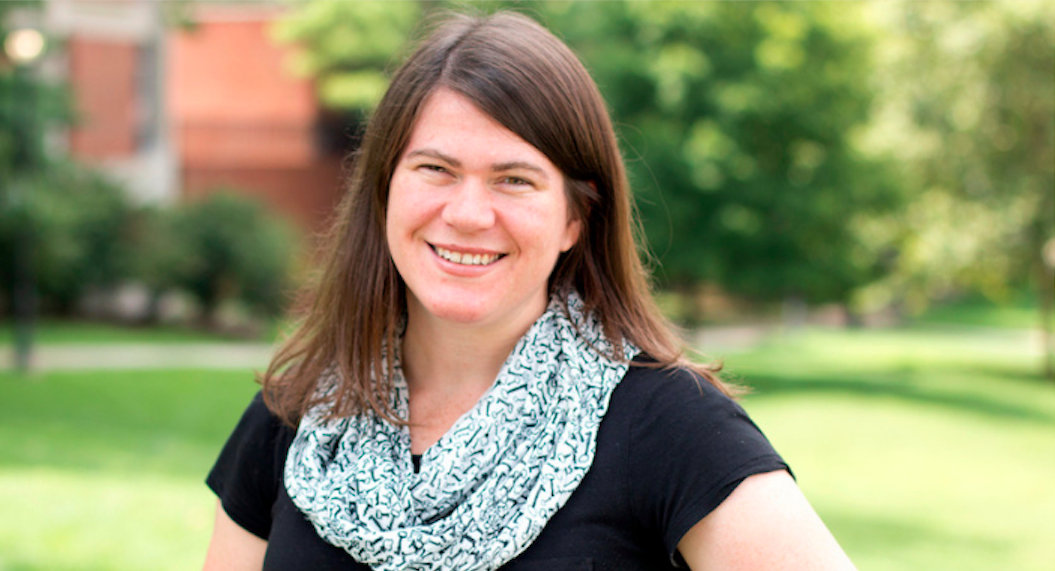Before Dr. Stephanie Meredith was speaking at conferences and creating training materials for doctors, she was an advocate for her son, Andy. In the years since, that drive led her to HDI, and after 12 years of work with the organization, is leading her in a new direction. Though Meredith is mostly moving on from HDI, she leaves behind a phenomenal legacy.
As HDI’s Medical Outreach Director, Meredith worked to bridge the gap between people with disabilities and medical providers. “We have been able to bring the disability voice to a lot of those conferences where it really was underrepresented before,” she said. “It still is, in fact. But it’s gotten much better.”
Meredith will continue to work with the Kentucky LEND program, retaining a connection to HDI. Her new official position is as the Development Director at the Genetic Support Foundation (GSF). The Lettercase National Center, an advocacy organization she helped found, will also shift its operations there.
“Part of the reason for that is because the program really needs the nimbleness of a nonprofit for some of the funding support,” she said, adding that, as a national leader in genetic counseling resources and services, GSF would also give her a chance to influence the culture of medical organizations as they make choices that would affect the lives of people with disabilities.
Meredith was a technical writer when her son was born with Down syndrome. She was 23 at the time. She notes that she was young when Andy was born, and while some parents may have struggled with the situation, she sees it differently. “It was the best thing that could have happened to me because it really helped to shape my worldview and change my professional trajectory in a time when I could change,” she said.
Meredith’s work has been heavily focused on the relationship between medical professionals and people with disabilities. Though it isn’t her only focus, it has been an extremely strong one.
“It’s a problem that still needs to be addressed,” she said. “There is still a lot of bias in the way people with disabilities receive health care, but also in the way that clinicians approach disability.”
The work has paid off, it seems. Over the years, Meredith has seen monumental change in the way medical personnel approach disability. There is still a long way to go, but she is proud of what progress has been made thanks to the support of HDI for the past 12 years.
She’s also proud of a wide variety of achievements during her time at HDI. From the instructional resources that she helped create for medical personnel alongside Dr. Harold Kleinert, who was the director of HDI at the time, to her work getting self-advocates in the door at medical conferences. She cites her work expanding the library of resources for expectant parents of children with multiple prenatally diagnosed conditions; publishing an unprecedented study of patients who received a prenatal diagnosis of Down syndrome; and leading the PCORI grant with Dr. Nicholas Wright, which worked to improve access to information and services for Black and Hispanic parents of children with Down syndrome.
She has also appreciated the network of friends and advocates she created; her work in grant writing with HDI; and her leadership of the prenatal subcommittee with the Center for Dignity in Healthcare for People with Disabilities, where she led research and publications about improving diagnosis experiences and provided critical support for people with disabilities during COVID.
But most of all, she’s proud of what she learned. She began her journey with a strong belief in advocacy at the beginning, but her convictions have only been strengthened and she’s learned so much from working with other advocates, especially self-advocates. She can’t wait to take those lessons into the future. “I feel like HDI has been the most amazing home for the past 12 years,” she said. “Everyone’s been so supportive and lovely and I’m just so incredibly grateful, and I’m excited for the Genetics Support Foundation wanting to do this work moving forward.”
